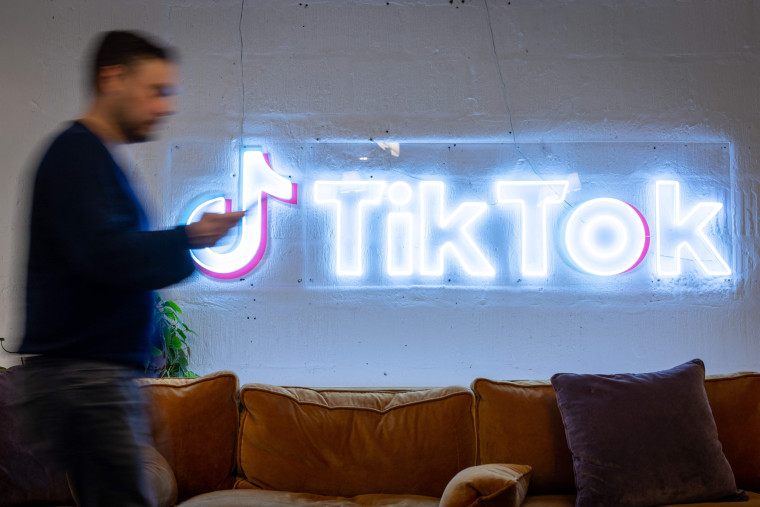More than seven in 10 Americans believe TikTok poses a threat to U.S. national security, according to a new poll, which comes as lawmakers weigh banning the social media app.
The NPR/PBS NewsHour/Marist poll finds that 35% of adults say TikTok is a major threat to national security and 38% say it poses a minor threat. Just 23% say the popular social media platform poses no threat to national security.
Young Americans are less likely to see TikTok as a national security threat with 27% of GenZ and Millennials saying TikTok poses a major threat and 33% saying it poses a minor threat, while 39% do not think it poses any threat.
The poll was conducted from March 20 through March 23, as TikTok CEO Shou Zi Chew was set to testify before Congress. He defended the platform, calling it safe and secure.
Shou’s testimony comes as President Joe Biden and lawmakers on both sides of the aisle consider implementing a national TikTok ban.
Not all lawmakers are on board with a TikTok ban, however. On Wednesday, Sen. Rand Paul R-Ky., came out against a ban on the social media platform, comparing a ban to Chinese government censorship in an opinion piece for the Courier Journal of Louisville.
Among adults surveyed, 57% say they support a federal ban on TikTok with only 36% of adults saying they oppose such a ban. Only 6% of adults say they are unsure if TikTok should be banned.
Younger Americans are less likely to support a ban — 51% of Gen Z and Millennials oppose a ban, while 48% support it.
More than 150 million people in the U.S. are active users on TikTok, which is especially popular among younger Americans and members of Gen Z.
The poll surveyed 1,327 adults by phone, text, or online and has a margin of error of plus or minus 3.5 percentage points.
